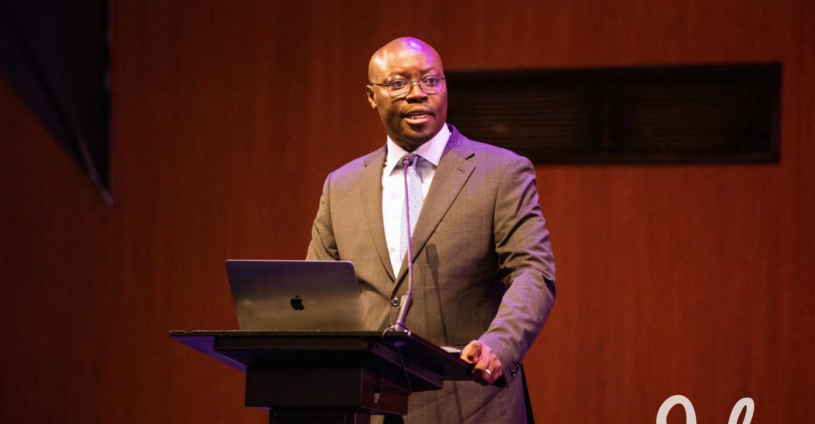
Audio By Carbonatix
The African Transformation Index (ATI) ranks Ghana as a low economic transformer, with an overall score of just 19.1 out of 100.
According to the Africa Center for Economic Transformation (ACET), Ghana’s progress on economic transformation has been weak and unstable for the last two decades.
Since 2000, it said the country's overall score has consistently hovered far below the African average of 30.3, only reaching a high of 20.6 in 2014.
It therefore wants the diversification of production and exports, which it describes as a crucial catalyst for economic transformation.
“Over the last two decades, the Ghanaian economy has become less diversified, despite a shift from subsistence agriculture to services, the banking sector restructuring and advancements in ICT and financial technology. While there have been some developments in economic activities and export markets, the country has largely failed to diversify or attract sophisticated production and value-chain linkages”.
“Since independence, Ghana’s economy was classified as an agrarian economy with the agricultural sector being the highest contributor. The services sector became the largest contributor to GDP [Gross Domestic Product] in 2006, accounting for about 45.5% of total GDP. This sector has been driven by the growth of the financial sector, telecommunications, and other service-oriented subsectors”, it added.
Nevertheless, ACET said agriculture has remained a significant sector, contributing almost one-fifth of the GDP and substantial employment. The sector has been driven by the production of cocoa, which is one of Ghana's main exports.
It also said the industrial sector has been the second largest contributor since 2011, accounting for about 29% of total GDP. This is despite Ghana being rich in natural resources, including hydrocarbons, industrial minerals, and gold.
Exports Diversity
Since 2000, Ghana’s exports have risen steadily until they dropped in 2020. After some recovery in 2021, exports marginally declined again in 2022. The country’s exports were valued at approximately $20 billion in 2022 from $2.37 billion in 2000. The bulk of exports consists of gold, crude petroleum, and cocoa beans and related products.
ACET said the country has become ever more reliant on these exports, with the share of the top five products rising from 70% in 2000 to 89% in 2020.
However, it pointed out that Ghana’s poor progress in export competitiveness reflects the country's limited integration into global and regional value chains, highlighting, a lack of product diversification and export sophistication constraining Ghana’s competitiveness.
It added that the decline in exports in 2020 may have been influenced by the COVID-19 pandemic.
Latest Stories
-
Introduce long term measures to tackle challenges in cocoa sector – IERPP to government
11 minutes -
Agricultural Economist proposes blended financing model to support cocoa sector
23 minutes -
NPP MP warns against reducing producer price as government rolls out cocoa reforms
53 minutes -
Tano North MP urges halt to grain exports over food glut
54 minutes -
Farmers hopeful as government moves to expedite cocoa payments
1 hour -
Tensions at Agbogbloshie market women oppose AMA drain cleaning exercise, items confiscated
1 hour -
Lyse Doucet: In Tehran, rallies for Iran’s revolution overshadowed by discontent and defiance
2 hours -
Education Minister orders full audit of free sanitary pads in schools over quality concerns
2 hours -
IGP promotes 12,000 police officers, clears all backlog
2 hours -
Buduburam firefighters prevent gas explosion at Big Apple
2 hours -
Emigoh marks 20 years with launch of two new Yomi Yoghurt flavours
2 hours -
National Vaccine Institute takes step forward with audit committee launch
2 hours -
SOSA ’99 launches Year of Return 2027, donates towards SUSEC Clinic
2 hours -
Berima Sydney pays tribute to Ebony at Naughty Saturday in Sunyani
2 hours -
Adolescents from 6 countries lead urban dialogue in Accra
2 hours

